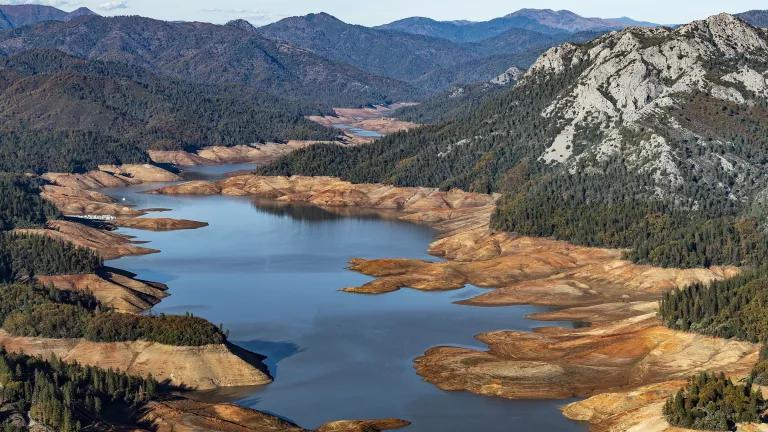Climate change and its consequences have emerged as one of the most pressing global challenges of our time. The complex and interconnected nature of climate change extends beyond environmental concerns, impacting diverse aspects of human society, including geopolitical dynamics and human health. As the world grapples with the escalating impacts of climate change, the intersection between climate change, disaster risk reduction, and human health becomes increasingly significant.
Climate Change, Disasters, and Human Health
Climate change has profound effects on human health, particularly through the increased occurrence of natural disasters. Disasters such as hurricanes, floods, and heatwaves pose direct threats to human well-being and can exacerbate existing health vulnerabilities. Moreover, climate change contributes to the spread of infectious diseases, altering disease patterns and expanding their geographical range.
For example, rising temperatures create favorable conditions for disease vectors like mosquitoes and ticks, leading to the transmission of diseases such as malaria, dengue fever, Lyme disease, and Zika virus. This changing disease landscape necessitates a global response that integrates climate change adaptation and disaster risk reduction to protect human health.
Moreover, the implication of the climate crises can have negative effects at the geopolitical level. Climate change-induced disasters, including sea-level rise and extreme weather events, force populations to migrate. This mass migration can lead to social, economic, and health challenges, with marginalized communities disproportionately affected. Geopolitical cooperation is crucial to address the health needs of migrating populations and prevent the exacerbation of existing health disparities.
Furthermore, climate change-related disasters pose security risks, as they can lead to social unrest, conflicts, and displacement. These geopolitical challenges have implications for public health, as disrupted healthcare systems and infrastructure hinder access to essential medical services. Collaborative efforts are required to ensure the availability and delivery of healthcare during and after disasters, reducing potential health crises.
Mitigating Geopolitical Challenges
Addressing the geopolitical implications of climate change and disaster risk reduction requires international collaboration. Governments, multilateral organizations, and civil society must work together to develop and implement policies that prioritize human health in climate change mitigation and adaptation strategies. Platforms such as the United Nations Framework Convention on Climate Change (UNFCCC) and the World Health Organization (WHO) facilitate global cooperation in this regard and have a central role in leading the discourse about disaster risk reduction mechanisms at the international level.
However, geopolitical challenges associated with climate change and disaster risk reduction necessitate adequate financial resources and capacity-building initiatives. Developing countries, particularly those most vulnerable to climate change impacts, require support to strengthen their healthcare systems, disaster preparedness, and response capacities. International financial institutions, such as the Green Climate Fund, play a crucial role in providing financial assistance to address these challenges.
Finally, geopolitical cooperation should focus on knowledge sharing and technology transfer to enhance disaster risk reduction and healthcare capabilities. Developed countries can contribute by sharing best practices, providing technical assistance, and facilitating the transfer of climate-resilient technologies. This cooperation can empower vulnerable regions to strengthen their disaster preparedness and health systems.
The safeguarding of human health in the face of climate change and disaster risks requires sustained global commitment. By prioritizing human health, promoting equity, and fostering international cooperation, we can create a more resilient and sustainable future. It is through collective action and shared responsibility that we can navigate the geopolitical complexities of climate change, reduce health vulnerabilities, and secure the well-being of present and future generations.
By embracing these principles and working collaboratively, we can build a more resilient world, where the adverse health impacts of climate change and disasters are mitigated, and human health and well-being are protected. The time for action is now, and it is our shared responsibility to ensure a healthier and safer future for all.

